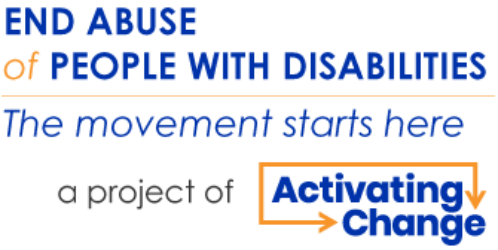Autonomy is Safety: Using Supported Decision-Making to Facilitate the Safety of People with Disabilities
People with disabilities are more likely to experience domestic and sexual violence than people without disabilities. Society has traditionally responded to this increased likelihood of violence by limiting the choices that people with disabilities can make, using strategies such as institutionalization, mandatory reporting, and guardianship. Limiting the amount of autonomy people with disabilities have, however, has actually increased their risk of victimization. Alternatively, providing people with disabilities with control over their own lives empowers them and better facilitates their safety. This webinar will outline the problems with historic responses to violence against people with disabilities and review supportive strategies that can be applied to help people with disabilities live safer, more autonomous lives.
Video Resources
PDF Resources
- Webinar Discussion Guide: Autonomy is Safety: Using Supported Decision-Making to Facilitate the Safety of People with Disabilities (English)
- Slides: Autonomy is Safety: Using Supported Decision-Making to Facilitate the Safety of People with Disabilities (English)
Text Resources
- Transcript - Autonomy is Safety- Using Supported Decision-Making to Facilitate the Safety of People with Disabilities (English)
- Slides - Autonomy is Safety- Using Supported Decision-Making to Facilitate the Safety of People with Disabilities (English)
- Webinar Discussion Guide - Autonomy is Safety- Using Supported Decision-Making to Facilitate the Safety of People with Disabilities (English)
